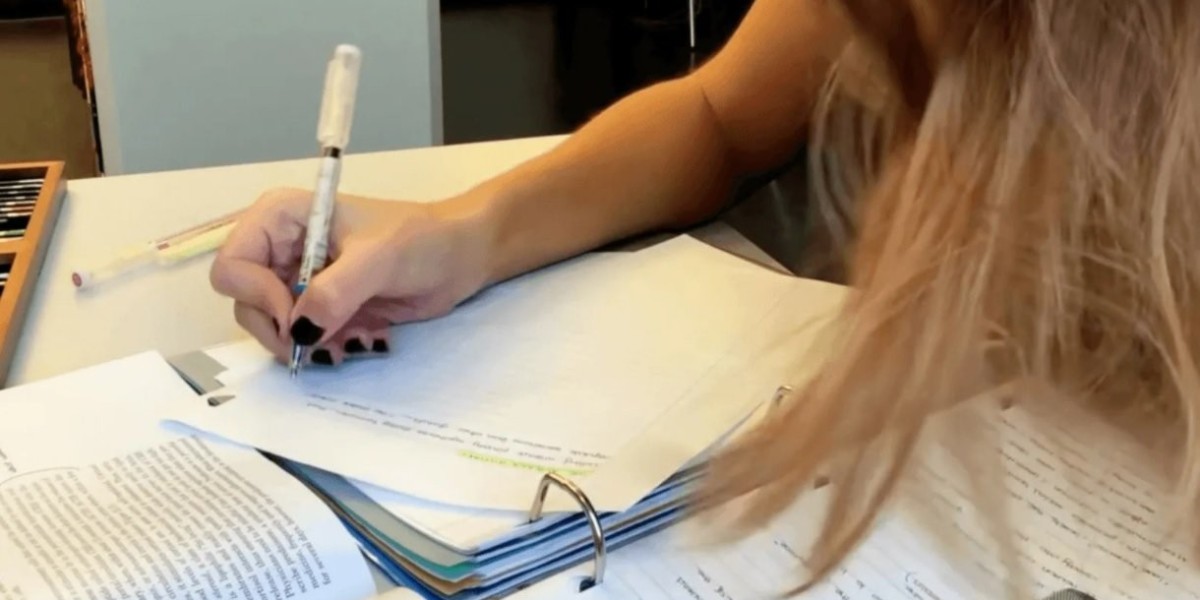
Indonesia firmly insists B40 biodiesel application to continue on Jan. 1
Industry participants looking for phase-in duration anticipate steady intro
Industry deals with technical challenges and expense concerns
Government funding concerns occur due to palm oil rate disparity
JAKARTA, Dec 18 (Reuters) - Indonesia's strategy to broaden its biodiesel mandate from Jan. 1, which has sustained issues it could curb worldwide palm oil materials, looks progressively most likely to be implemented slowly, experts said, as market individuals look for a phase-in period.
Indonesia, the world's biggest manufacturer and exporter of palm oil, plans to raise the compulsory mix of palm oil in biodiesel to 40% - called B40 - from 35%, a policy that has actually activated a dive in palm futures and may push rates even more in 2025.
While the federal government of President Prabowo Subianto has stated consistently the strategy is on track for complete launch in the brand-new year, market watchers say costs and technical challenges are most likely to result in partial execution before complete adoption throughout the sprawling island chain.
Indonesia's greatest fuel seller, state-owned Pertamina, said it requires to modify a few of its fuel terminals to mix and keep B40, which will be finished throughout a "shift duration after government establishes the required", representative Fadjar Djoko Santoso informed Reuters, without providing information.
During a conference with government authorities and biodiesel producers last week, fuel merchants requested a two-month shift duration, Ernest Gunawan, secretary general of biofuel manufacturers association APROBI, who remained in attendance, informed Reuters.
Hiswana Migas, the fuel merchants' association, did not immediately react to a demand for comment.
Energy ministry senior main Eniya Listiani Dewi told Reuters the mandate hike would not be implemented gradually, which biodiesel manufacturers are all set to provide the higher blend.
"I have actually validated the preparedness with all manufacturers recently," she said.
APROBI, whose members make fat methyl ester (FAME) from palm oil to be combined with diesel fuel, said the federal government has not released allotments for producers to sell to fuel retailers, which it usually has done by this time of the year.
"We can't deliver the goods without purchase order files, and order files are acquired after we get agreements with fuel business," Gunawan informed Reuters. "Fuel business can only sign contracts after the ministerial decree (on biodiesel allocations)."
The government plans to allocate 15.62 million kilolitres (4.13 billion gallons) of FAME for B40 in 2025, Eniya told Reuters, less than its initial price quote of 16 million kilolitres.
FUNDING CHALLENGES
For the federal government, moneying the greater mix could likewise be an obstacle as palm oil now costs around $400 per metric ton more than crude oil. Indonesia uses earnings from palm oil export levies, handled by an agency called BPDPKS, to cover such spaces.
In November, BPDPKS approximated it needed a 68% boost in subsidies to 47 trillion rupiah ($2.93 billion) next year and approximated levy collection at around 21 trillion rupiah, sustaining market speculation that a levy hike is impending.
However, the palm oil market would challenge a levy hike, said Tauhid Ahmad, a senior analyst with think-tank INDEF, as it would harm the industry, including palm smallholders.
"I believe there will be a delay, because if it is implemented, the aid will increase. Where will (the cash) originate from?" he said.
Nagaraj Meda, managing director of Transgraph Consulting, a commodity consultancy, stated B40 application would be challenging in 2025.
"The execution might be sluggish and gradual in 2025 and most likely more fast-paced in 2026," he stated.
Prabowo, who took workplace in October, campaigned on a platform to raise the mandate even more to B50 or B60 to attain energy self-sufficiency and cut $20 billion of yearly fuel imports. ($1 = 16,035.0000 rupiah) (Reporting by Bernadette Christina; Editing by Tony Munroe and Lincoln Feast.)







